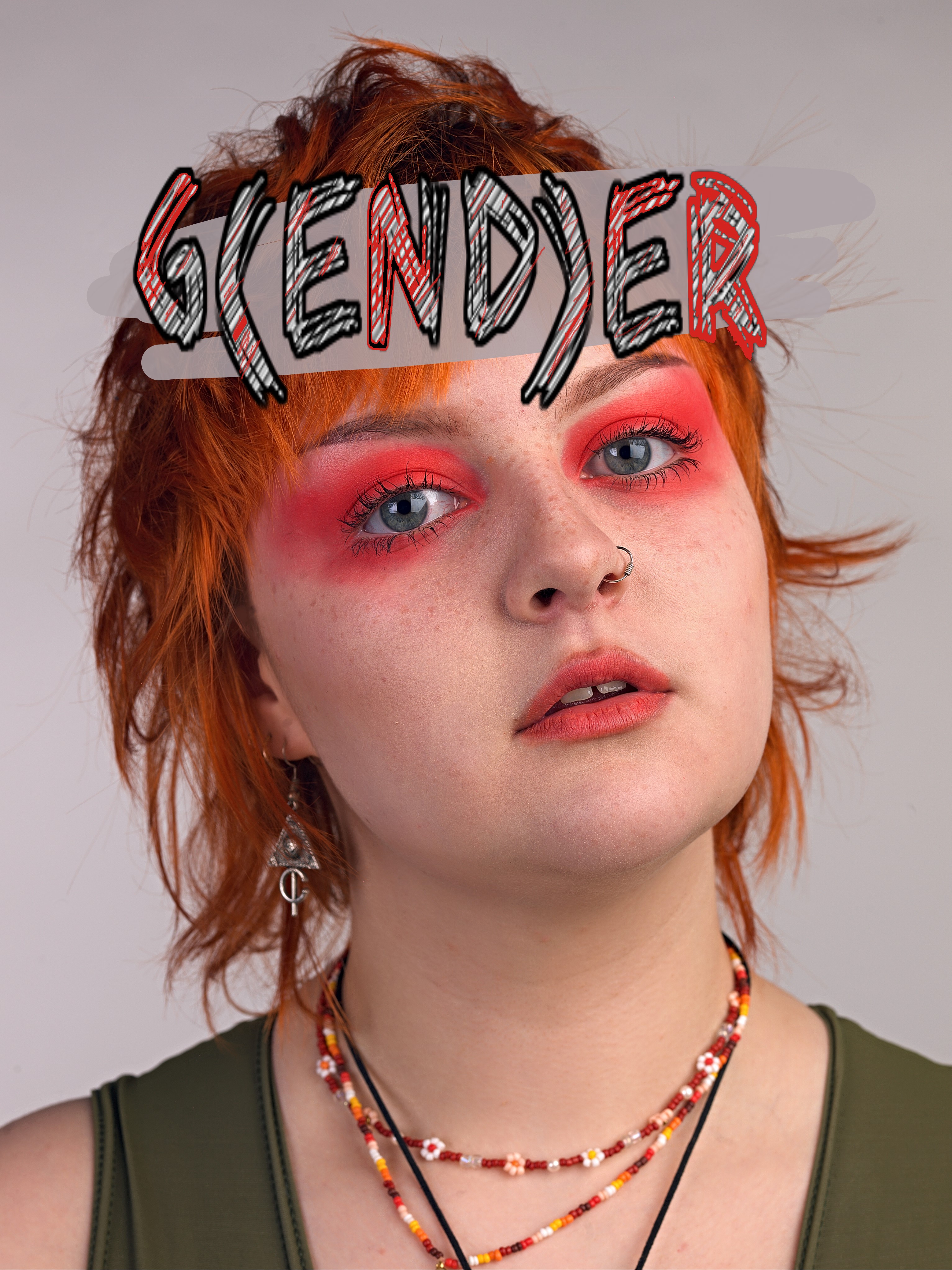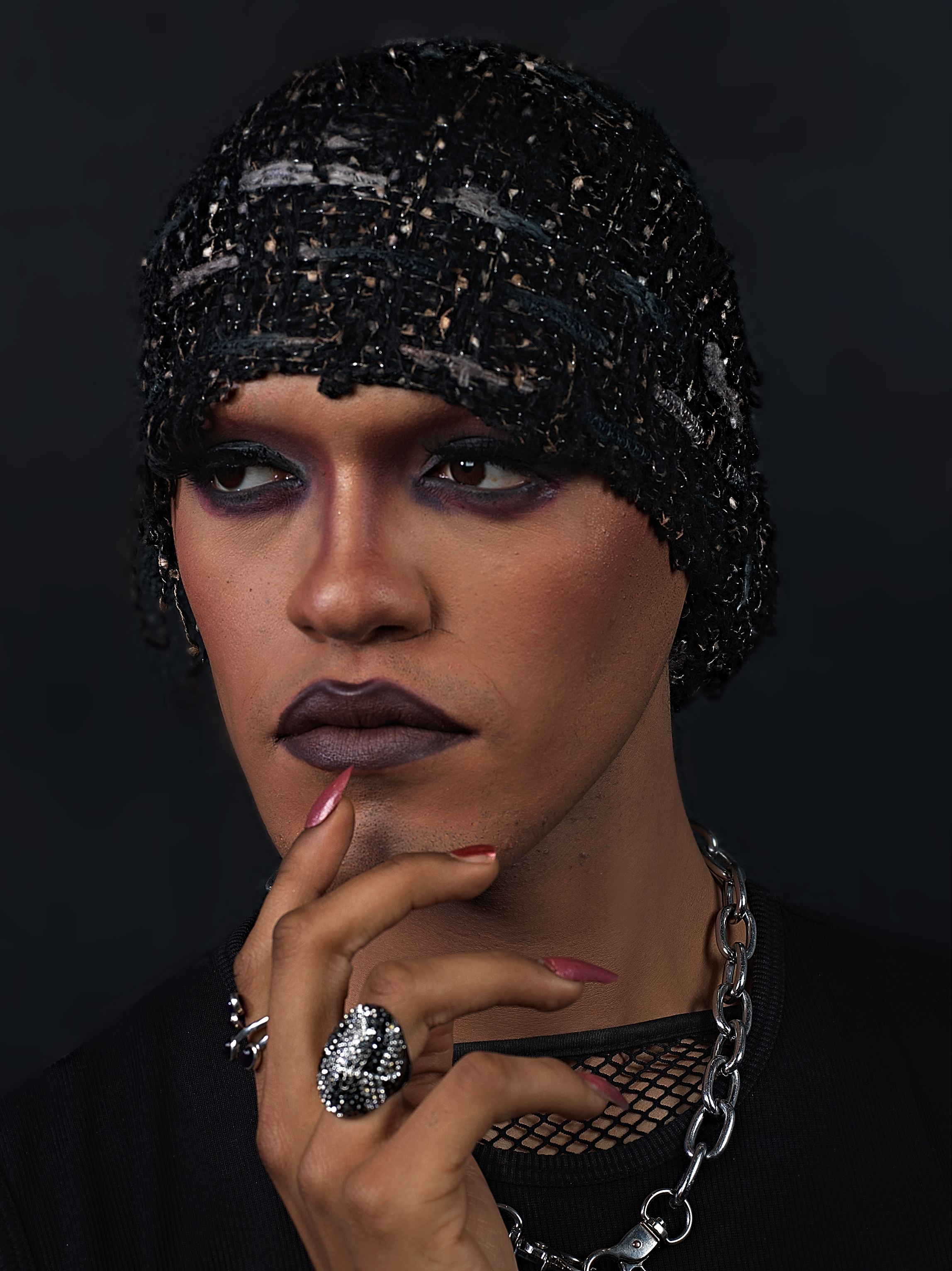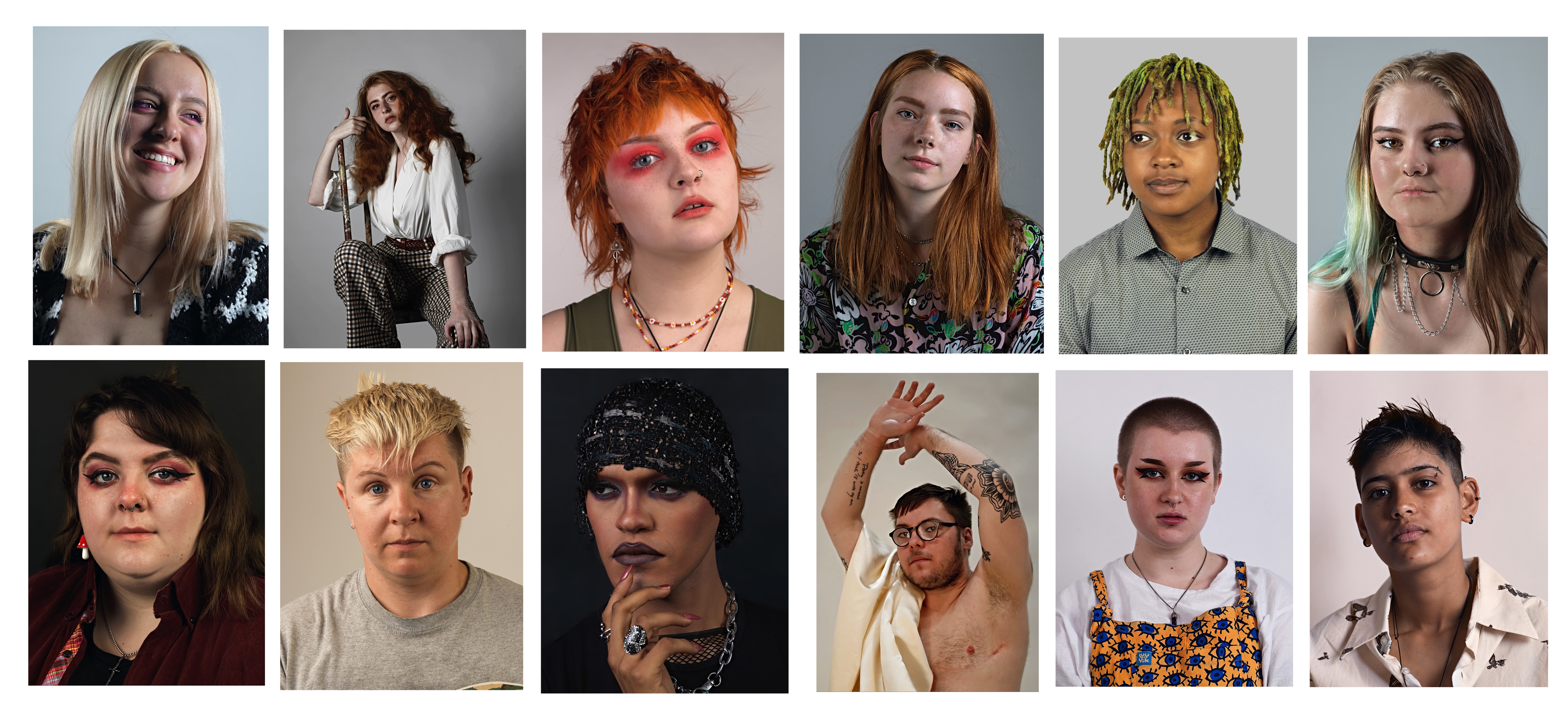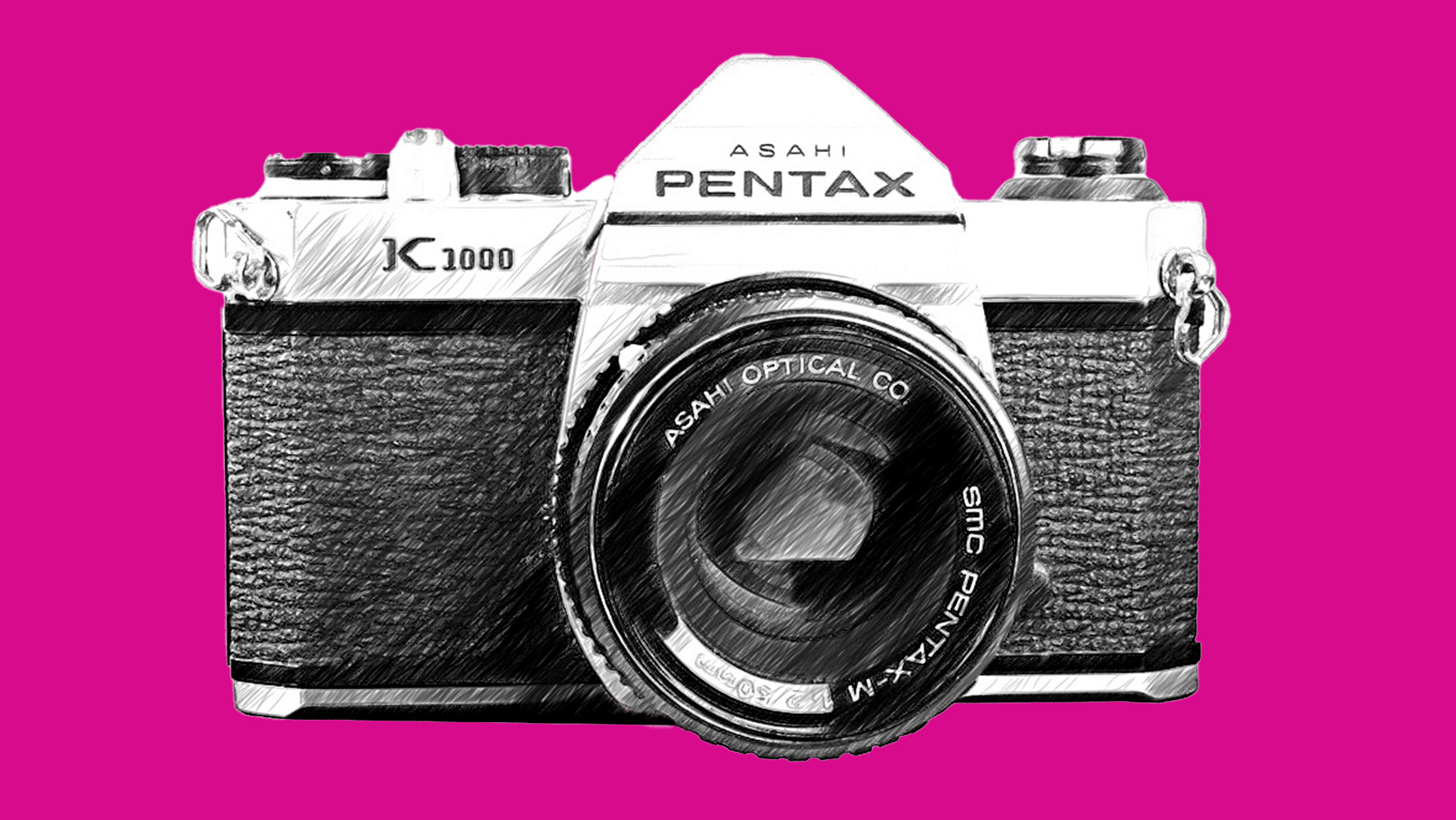This is not an opinion piece, this is fact – gender & photography edition
Gender disparity in the photographic industry is severe and we must level the playing field – equality is not a threat to you
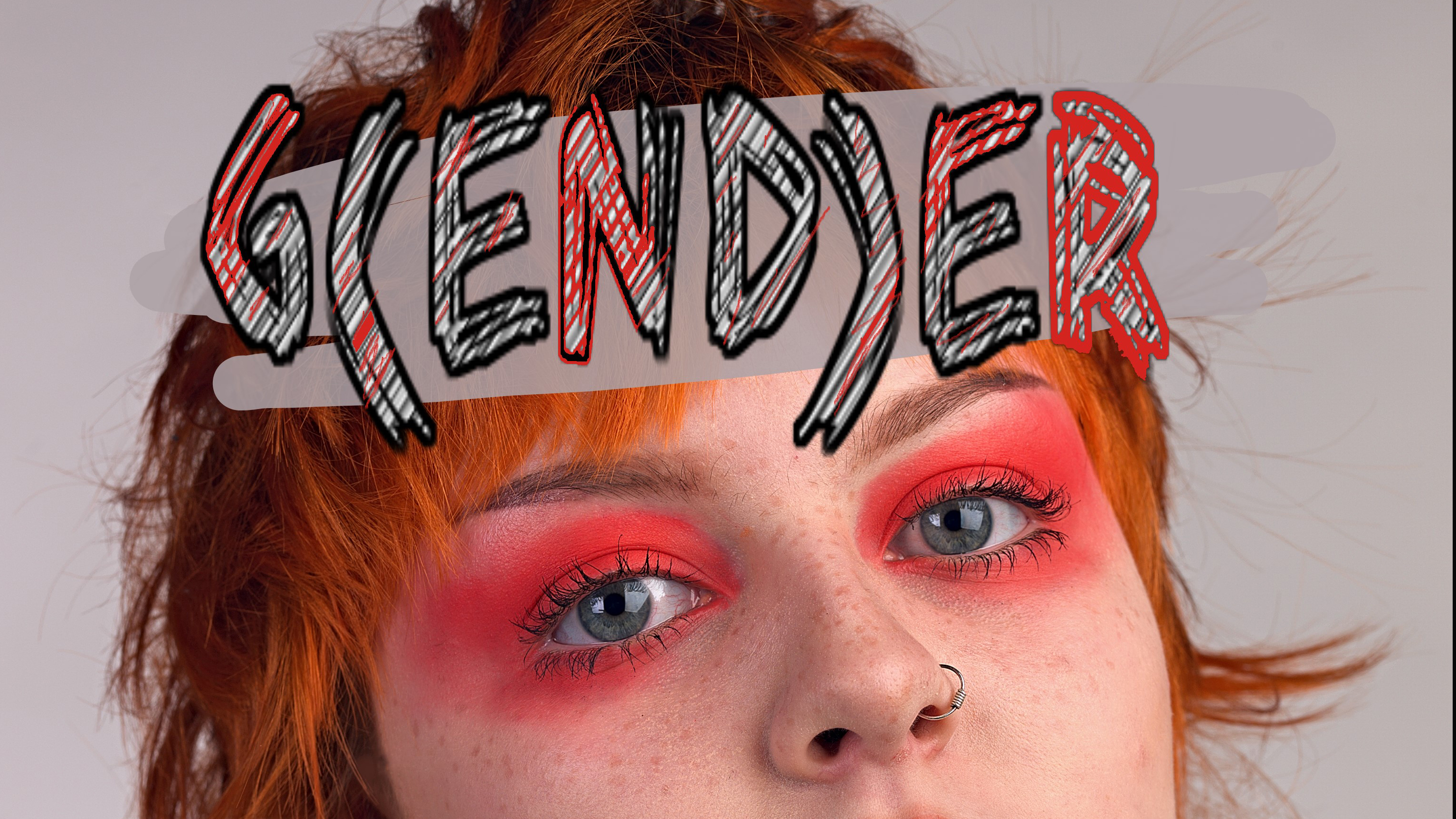
Everyone is entitled to their own opinion, and that is absolutely fine. But spreading false information that may be harming or detrimental to marginalized groups is not fine, and crosses the line between opinion and hate speech.
I feel it is my job as a contributor to a large global platform to inform, guide and educate our readers as fairly and truthfully as I possibly can. As gathered from comment sections on certain articles that have been shared to our social feeds, gender in photography is a very delicate and debatable topic at the moment.
• Read more: Why are photographers so toxic?
That's why I'm choosing to give you only the facts in this article, with reference and source links for you to fact check and complete your own research. We need to do better as a photographic community to be more inclusive, and here's why:
1. The most common ethnicity of US Professional Photographers is White (71.8%), followed by Hispanic or Latino (13.8%) and Black or African American (5.6%) [Source]. Only 8% of all Professional Photographers are LGBT.
2. 70-80% of recent photography graduates are female, yet women still make up only 15% of professional photographers. Furthermore, these photographers are earning, on average, 40% less than their male counterparts. [Source] [Source 2]
3. Only 18% of The Association of Photographers’s accredited members are women/ female-identifying [Source]
The best camera deals, reviews, product advice, and unmissable photography news, direct to your inbox!
4. Less than 25% of the commercial photographers represented by 70 of the industry’s leading agents are female [Source].
5. 69% of female photographers said that they faced discrimination in the workplace (2018) [Source] and When asked about obstacles to success, 54% cited sexism.
6. In 2015, researchers found that female photographers were less likely to be employed by large media companies (7%) compared to men (22%) [Source]
7. Many female photographers have been sexually harassed and assaulted for doing the same job as you, particularly in the wedding industry. [Source]
Let's hear what some other photographers have to say on the subject
"In countless ways, we have traditionally silenced women’s voices. When we allow an overwhelming percentage of our chief visual storytellers to be men, we’re saying that female storytellers and their perspectives don’t matter – that women’s voices in general don’t matter."
Daniella Zalcman, founder of Women Photograph. [Source]
"I've had an editor ask me what my family situation is like, and if I'm planning on having children. I'm sure they wouldn't have asked a man that,"
Canon Ambassador Ilvy Njiokiktjien. [Source]
"As a female photographer, I can tell you as a matter of fact that the issue is not a lack of female photographers who are qualified and capable. Instead, it is pushback and a real choice made by organizations and companies in who they hire and promote."
Fstoppers author Kate G [Source]
Demystifying the wildly confusing notion of gender and common misconceptions
Here are some further facts to assist those who may be struggling to grasp the initial concept of gender and the different forms it may take:
1.Gender, biological sex and sexuality are entirely different things, "non-binary" is a gender, not a sexuality, and has nothing to do with attraction. A person's gender may also be different to that which was assigned to them at birth (biological sex) resulting in a person to be classed as trans-gender. A person who does identify with the gender they were at assigned at birth, however, is known as "Cis-gender" (the opposite of trans-gender).
2. Gender is a spectrum and socially constructed. There is no black or white option as many believe, and guess what? You can choose your gender! (again, this is different from biological sex and the gender you were born with, before anyone gets angry) [Source].
3. A fellow photographer's gender is not really any of your business, but if you really do need to know, then always ask politely what pronouns someone uses to identify themselves, I.e he/him, she/her, They/them. No one will/should likely be offended by you politely asking how you should address them where necessary.
4. Gender hurts nobody. Being non-binary or trans-gender hurts nobody. There is no reason to be offended by someone else identifying as a different gender to yourself. If you find yourself offended by another person's gender identity, the issue may lie within your own insecurity or elements of fragile masculinity.
5. Different genders (other than male and female) are not a new concept, you've only heard of them lately because of the internet raising awareness. Different cultures throughout history have embraced different genders long before we existed. [Source 1] [Source 2].
6. The final and most important point: Different minority groups within photography, including photographers of a different gender or ethnicity, deserve respect and equal opportunity to thrive in the industry if their work is worthy of recognition. All under-represented photographers should be allowed to have their work showcased and compete for exposure and opportunities on a level playing field, this is why DCW is aiming to shed a spotlight on these photographers to balance the scales.
Thank you for taking the time to read this piece, I feel it important to demystify some of the confusion around gender politics as it can be a very difficult thing to grasp at first, and my intent is not to make anyone more "woke" but more accepting to a different minority group that is closer to home than you may think. In an ideal world, gender would be considered irrelevant and not factor into a photographer's career or employability, but sadly it does.
Female-identifying, trans and non-binary photographers deserve support and equal opportunity now more than ever, and I urge those of you with wives, sisters, girlfriends and daughters to talk to them openly about their own experiences of gender disparity and inequality, especially following International Women's Day and during Women's History Month. Their voices deserve to be heard too.
Read more:
Top women in photography
Click Away female-led photography conference
Top 100 women in photography: RPS names its Hundred Heroines
Photo protest: Female and non-binary photographers tackle climate change
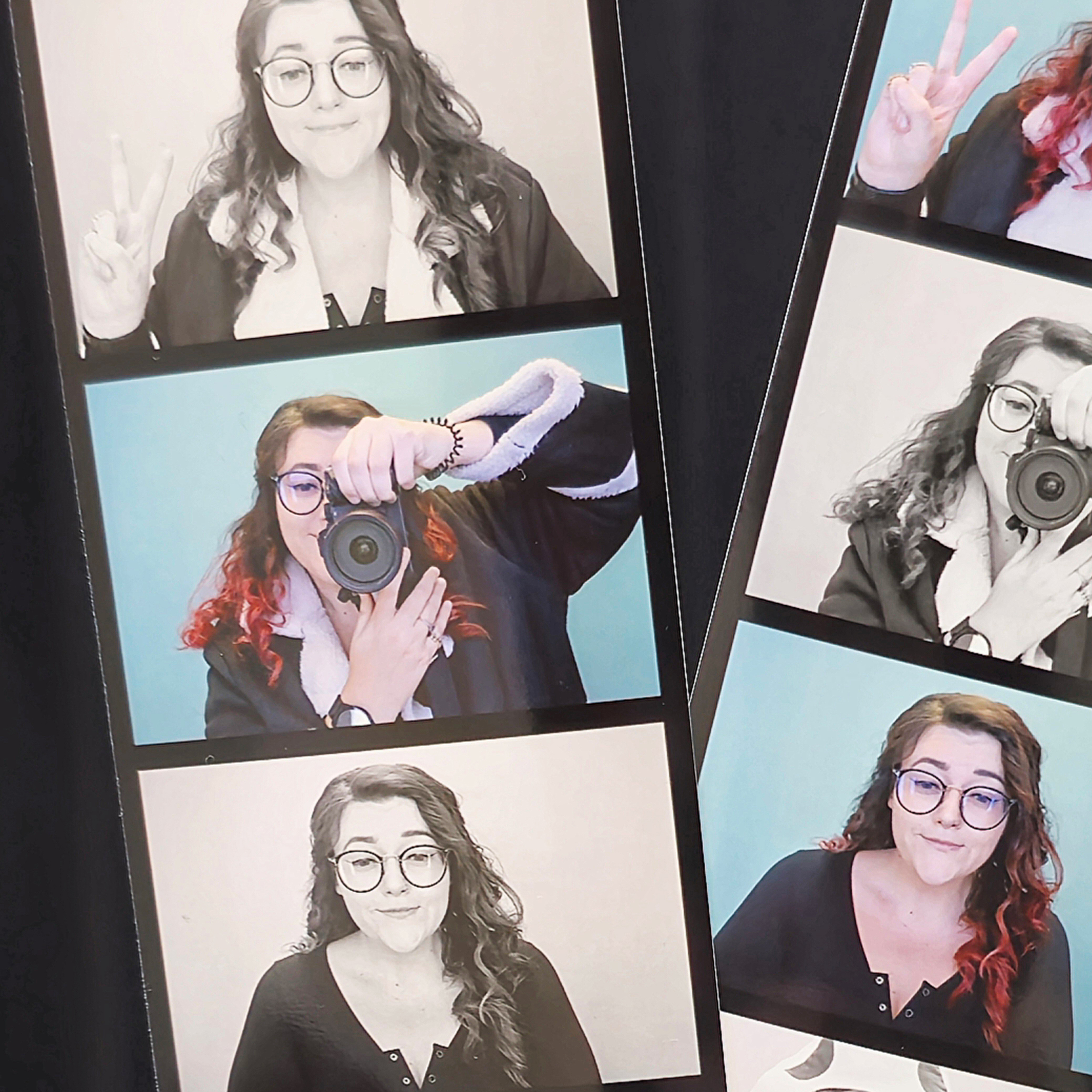
Beth kicked off her journalistic career as a staff writer here at Digital Camera World, but has since moved over to our sister site Creative Bloq, where she covers all things tech, gaming, photography, and 3D printing. With a degree in Music Journalism and a Master's degree in Photography, Beth knows a thing or two about cameras – and you'll most likely find her photographing local gigs under the alias Bethshootsbands. She also dabbles in cosplay photography, bringing comic book fantasies to life, and uses a Canon 5DS and Sony A7III as her go-to setup.
